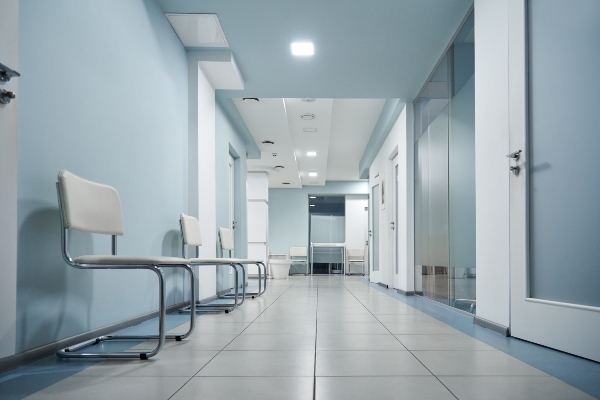 A walk-in clinic is a medical office that offers treatment for walk-in patients. This is usually for patients that have minor injuries and illnesses, although some may also offer physical exams and other common services for walk-in patients as well. This review focuses specifically on minor injury treatment from a walk-in clinic.
A walk-in clinic is a medical office that offers treatment for walk-in patients. This is usually for patients that have minor injuries and illnesses, although some may also offer physical exams and other common services for walk-in patients as well. This review focuses specifically on minor injury treatment from a walk-in clinic.
A general overview of minor treatment from a walk-in clinic
Visiting a walk-in clinic is a great way to get the prompt care you need for minor injuries such as sprains, strains, minor burns, and minor lacerations. The following is a review of what a walk-in clinic is, what injuries (and illnesses) they can treat, and what you can expect during your visit.
What minor injuries can a walk-in clinic treat?
Walk-in clinics can treat most minor injuries, whereas they may refer patients to the emergency room for more severe injuries that require more extensive treatment initially. The most common minor injuries that a walk-in clinic can treat are:
- Sprains and strains
- Dislocated joints
- Cuts and scrapes
- Minor burns
- Bone bruises
- Fractured bones
- Insect bites/bee stings
- Concussions
Ultimately, patients should assess their level of pain, the amount of blood (if any) that results from their injury, and the seriousness of the cause when deciding whether or not they should visit a walk-in clinic or an emergency room.
What injuries can a walk-in clinic not treat?
A walk-in clinic may not be able to treat the initial needs for a broken bone if the bone fracture is open or comminuted (if the bone has pierced the skin or broken into splinters) and is in obvious need of a prompt surgical procedure. They can treat minor head injuries (e.g. minor concussion), but more severe head trauma should be evaluated at an emergency room. Severe lacerations, such as those from stab wounds, should be evaluated at an emergency room, along with other injuries that lead to significant blood loss or the possibility of damaged organs.
What minor illnesses can a walk-in clinic treat?
Walk-in clinics can also treat many types of minor illnesses as well. This includes respiratory illnesses, bladder infections, ear infections, and more. Depending on the clinic’s focus within medical care, they may also offer more extensive diagnostic services for issues such as high blood pressure (hypertension).
What can I expect when visiting a walk-in clinic?
The wait at a walk-in clinic is typically longer than what one can expect at an emergency room, although most patients are seen within 30 minutes to an hour. The initial discomforting symptoms are treated before the clinician looks into more detail about the cause and long-term treatment plan for the minor injury.
Visit our walk-in clinic today for minor injury treatment
Our medical office accepts walk-in patients in need of prompt care for minor injuries and illnesses who cannot wait for their primary care physician. Feel free to visit us if you are dealing with symptoms related to a minor injury or give us a call for more information on whether or not we can treat your specific concern.
Request an appointment or call Orange County House Calls at 949-204-1334 for an appointment in our Aliso Viejo office.
Related Posts
The average medical clinic provides primary health care to patients across all demographics. Many others specialize in caring for specific groups of people. For example, some clinics focus on providing healthcare to children, women, or older patients.Medical clinics with family doctors or internists fall into the first category. Such clinics or medical practices offer first-line…
Wondering whether you should go to a walk in clinic for your minor ailment? Read on to find out. If you have a mild sickness, such as a cold, flu, sinus infection, rash, or injury, you may be unsure of where to go for treatment. Visiting the emergency room for a mild sickness is not…
Not all medical procedures require an overnight stay at a medical clinic. Continue reading to learn more about common outpatient procedures. Outpatient medical treatments are referred to as ambulatory care, which means that the procedure does not require an overnight stay at the medical clinic.Outpatient treatments have their benefits. There is typically less time spent…
